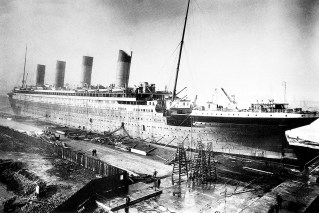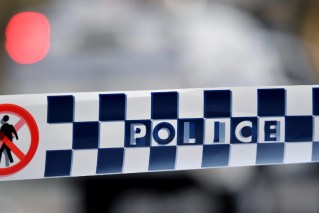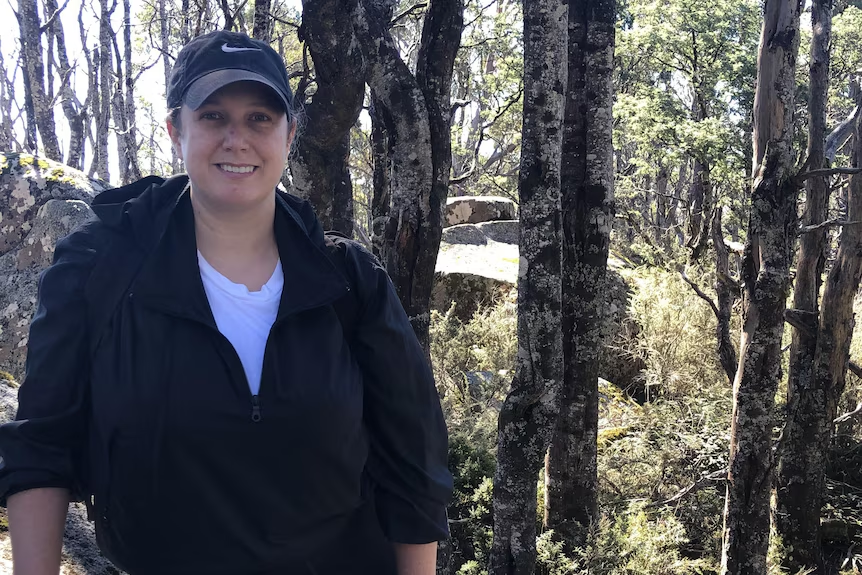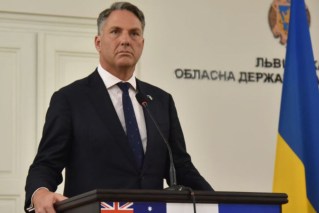Qatar has world’s highest per capita infections as global COVID cases top 15m: WHO

The countries with the world’s highest infection rates per 100,000 population have been revealed as the World Health Organisation urges people to consider everyday decisions as “life and death”.
As global infections topped15 million, WHO chief Tedros Adhanom Ghebreyesus warned of the deadly impact of deciding where to go, what to do and who to meet.
It comes as the small, neighbouring sheikhdoms of Bahrain and Qatar appear to have among world’s highest per capita rates of confirmed coronavirus infections, according to studies.
And cases in the US continue to surge, with an average of 2600 new infections reported every hour – the world’s highest infection numbers.
Qatar had 37.4 coronavirus cases per 100,000 people, the highest rate of confirmed cases in the world, according to Oxford University.
Bahrain, at 22.1 confirmed cases per 100,000, is second.
Nearly 60 per cent of those who have tested positive in Qatar showed few or no symptoms.
Other countries with high confirmed rates per population include San Marino, Chile, the Vatican, Kuwait, Oman, Panama and Armenia while the US is 10th on the list.
It’s believed the higher rates are linked to extensive testing and the rapid undetected spread through camps housing healthy and young foreign labourers.
- Related: Debunked: The testing lie that misled Australians
- Related: Conspiracy peddlers infect Australians at alarming rate
But Dr Tedros said the most intense transmissions in terms of quantity and spread came from relatively few countries.
“Two-thirds of all cases are from 10 countries. Almost half of all cases reported so far are from just three countries,” he said, referring to the US, Brazil and India.

WHO Director-General Tedros Adhanom Ghebreyesus has issued a serious warning about the virus’s spread. Photo: Getty
US coronavirus cases are surging and topped 4 million on Thursday, with more than 2600 new cases every hour on average. According to a Reuters tally, that is the highest rate in the world.
Dr Tedros said it was important for people to be aware of the situation where they lived and not let down their guard.
“We are asking everyone to treat the decisions about where they go, what they do and who they meet with as life-and-death decisions – because they are,” the UN health chief said in Geneva on Thursday.
“It may not be your life but your choices could be the difference between life and death for someone you love or for a complete stranger.”
Dr Tedros also upbraided US Secretary of State Mike Pompeo for making “untrue and unacceptable” allegations that the WHO had been “bought” by China.
He said the WHO was focusing on “saving lives” as he criticised comments reported by British media from Mr Pompeo at a closed-door event this week in London.
“The comments are untrue and unacceptable, and without any foundation for that matter,” Dr Tedros said.
“If there is one thing that really matters to us and which should matter to the entire international community, it’s saving lives. And WHO will not be distracted by these comments.”
Pandemic is just practice
More than 200 of the country’s leading scientists, performers and former politicians are warning Australians that the coronavirus pandemic is just a rehearsal for the next catastrophe.
Nobel prize-winner Peter Doherty, Midnight Oil frontman Peter Garrett, singer Jimmy Barnes and former Liberal leader John Hewson are among prominent Australians to sign a joint letter on Friday calling for action on climate change and shortages of food and water.
Professor Hewson said the pandemic response presented a chance to resolve problems and inequalities in Australian society.
“If the government doesn’t take this opportunity to do some really serious resetting, some genuine reforms, then that’s going to be a squandered opportunity which we’ll pay for for years,” he said on behalf of the Commission for the Human Future.
Professor Hewson said the Morrison government was adopting only a short-term strategy for the coronavirus crisis.
From @nature: "Short-term tests validate long-term estimates of climate change…
Six-hour weather forecasts have been used to validate estimates of climate change hundreds of years from now."https://t.co/ftxIjA6yXh pic.twitter.com/iFXnh6y2hb— Commission for the Human Future (@HumanFutureAu) July 23, 2020
The Commission for the Human Future wants government, business and Australians to work together to face looming existential crises.
The group warns climate change is the main issue facing Australia, but food, water and fuel shortages – and further pandemics – are also important.
One of Professor Hewson’s colleagues at the commission, Canberra GP Arnagretta Hunter, said the group was worried about the future of humanity.
“We’d like to see an increased acknowledgement of the range of threats in front of us,” Dr Hunter said.
National cabinet to discuss Victoria
Prime Minister Scott Morrison will meet state and territory leaders on Friday to discuss the national impact of Victoria’s coronavirus outbreak.
On Thursday, five deaths were reported, taking Australia’s COVID toll to 133.
As well, the number of active cases across the nation appears to be trending towards where it was in April.
Victoria had 403 new cases on Thursday, as mask-wearing became mandatory in greater Melbourne and the neighbouring Mitchell Shire and there were crackdowns on people flouting social distancing regulations.
Treasury figures show Victoria’s second lockdown is expected to cost the national economy $3.3 billion.
State and territory leaders will be briefed via videoconference on other aspects of the economic meltdown, which were spelled out in the federal government’s update on Thursday.
Treasury expects to government debt to exceed $850 billion and the federal budget to be $184.5 billion in deficit by the end of this financial year.
The unemployment rate is expected to peak at 9.25 per cent before Christmas, with another 240,000 people out of work.
The leaders will also be briefed on the timetable for easing restrictions and planning for local COVID outbreaks.
Several states are reassessing the timing of reopening businesses and community activities.
On Thursday, Queensland named Fairfield, in Sydney’s south-west, as a virus hotspot and has closed its border to visitors from there, unless they quarantine for 14 days.
Leaders are also concerned about the situation in Victoria, where almost 90 per cent of people who caught the virus in early July did not self-isolate between feeling sick and getting tested.
More than half didn’t stay at home while waiting for results.
Federal Health Minister Greg Hunt said staying home from work and isolating when ill or showing symptoms were critical to protecting the community and stemming the virus’ spread.
-with AAP








